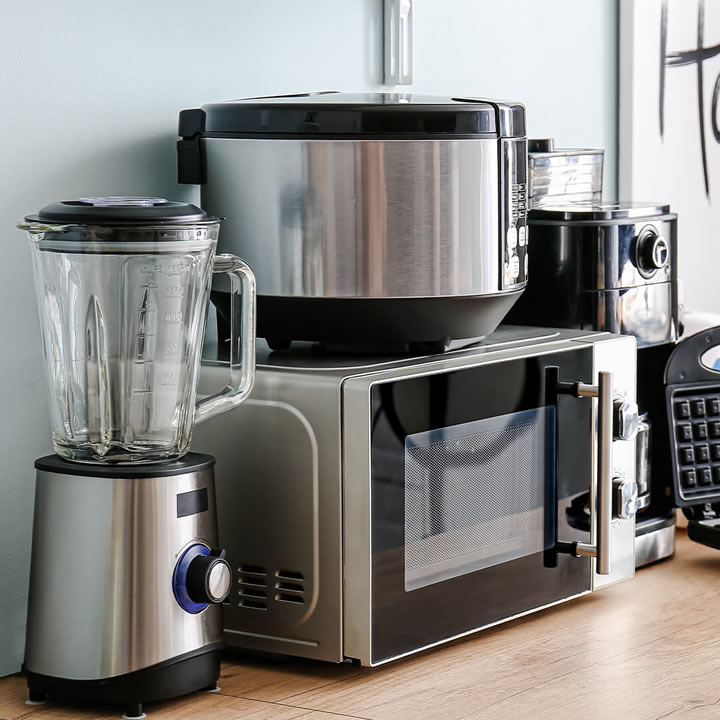Homes include several major appliances residents rely on daily, and when one breaks down, it can bring your day to a screeching halt.
Air conditioners, washers, dryers, refrigerators, dishwashers, and stoves are crucial parts of daily life. As a result, it’s essential to keep appliances in good condition year-round. Fortunately, it’s not that difficult if you follow professionals’ advice.
1. Read the Manuals
While the internet is an excellent source of help for homeowners, the best place to learn about appliance care is also the easiest. Read the manufacturer’s manual that comes with every new device.
Manuals explain how to operate appliances as intended. They include safety and maintenance information.
If you lose a manual, check with other appliance experts, such as home warranty specialists. For example, you can get advice from 2-10 HBW on how to prevent breakdowns during the hottest months.
2. Cleaning Is Essential
Cleaning appliances is one of the best ways to keep them in good working order. You can avoid a lot of problems just by learning how to maintain the following appliances.
Refrigerators. Clean the insides with soapy water and white vinegar, and pull out the refrigerator to mop behind it. Consumer reports recommend vacuuming refrigerator coils every few months to remove dust and debris. It’s also a good idea to replace worn door gaskets since they allow cool air to escape.
Cooktop and Oven. Per House Logic, most ovens are now self-cleaning, but wiping around door hinges and frames using baking soda or a commercial cleaner is still necessary. Remove burner debris and clean a cooktop according to the manufacturer’s directions.
Dishwasher. Every dishwasher has a filter at the bottom of the device. Filters collect debris, so checking regularly and removing anything in the filter is essential to prevent clogs.
Microwave. You can fill a microwave-safe container with water, wait until it boils, and then let it sit. It will then be easy to wash the interior.
Coffee Machine. A simple way to clean a coffee maker is to fill the reservoir with one part white vinegar and two parts water and then run the machine. Repeat twice for best results.
Washer and Dryer. Wipe down your washer to remove debris after each wash. Avoid dryer problems by cleaning the lint trap after every use. It’s also a good idea to check and clean washer and dryer connections now and then.
3. Use Appliances Safely
Appliances last longer, and you stay safer when you learn how to use each device correctly. When possible, plug devices into outlets rather than power strips. Try to use GFCI outlets, and use separate outlets for appliances.
Check devices to ensure any cords are in good condition. A frayed cord can cause an electric shock and damage or destroy an appliance. Never use appliances near water.
4. Understand Appliance Breaking Points
Get to know each appliance’s capacity, and don’t exceed it. For example, regularly overloading a washer or dryer causes a strain that can lead to breakdowns.
Although appliances are stress-tested, exceeding their limits or misusing them is dangerous and can be expensive if damages occur.
5. Let Professionals Make Repairs
There may be a few minor repairs that homeowners can make, but it’s best to let experts troubleshoot and repair appliance problems.
There can be hidden dangers, such as electrical problems. That is especially true of powerful devices like HVAC systems with many components. DIY repairs are not only dangerous, they can make the problem worse.
Appliance breakdowns can be very disruptive, but they are often preventable. Using devices safely and as manufacturers intend helps keep them running efficiently.
Regular cleaning also helps. It’s crucial to avoid exceeding device limits and always call experts if breakdowns occur.

